BAIC's Plans For Saab

Wondered what BAIC will do with the used tooling and blueprints it has bought from Saab at the fire sale price of only $200m? BAIC has big plans, and big pockets.
Xu Heyi, chairman of BAIC group, told China Daily that the company will spend some $5b over the next three years to develop three to four passenger car models and two to three turbocharged engines based on the acquired Saab technology.
BAIC will revive their “Beijing” brand which was born in 1958, but abandoned soon thereafter. Beijing’s initial lineup will include a mid-sized hatchback, a notchback, a compact hatchback and a CUV. The cars will be made at 150,000 unit plant in Beijing. Construction will start in February.
Initially, the Beijing brand is aimed at the mushrooming Chinese market, later, at the world.
“Ultimately, we will push our own-brand cars into the global market,” Xu Heyi said. In addition to direct exports, the group will set up joint venture plants abroad with foreign partners to produce its own-brand cars.
The Saab 9-5 was introduced 1997, based on the already antique 1988 vintage GM2900 platform. The Saab 9-3 was first introduced in1998. BAIC got the later model, based on the 2002 vintage Epsilon I platform. Leading edge technology did not change hands.
Whether “Beijing” is a wise branding choice for the worldwide marketplace remains to be seen.

Bertel Schmitt comes back to journalism after taking a 35 year break in advertising and marketing. He ran and owned advertising agencies in Duesseldorf, Germany, and New York City. Volkswagen A.G. was Bertel's most important corporate account. Schmitt's advertising and marketing career touched many corners of the industry with a special focus on automotive products and services. Since 2004, he lives in Japan and China with his wife <a href="http://www.tomokoandbertel.com"> Tomoko </a>. Bertel Schmitt is a founding board member of the <a href="http://www.offshoresuperseries.com"> Offshore Super Series </a>, an American offshore powerboat racing organization. He is co-owner of the racing team Typhoon.
More by Bertel Schmitt



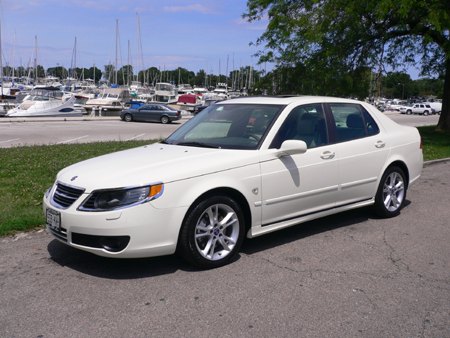















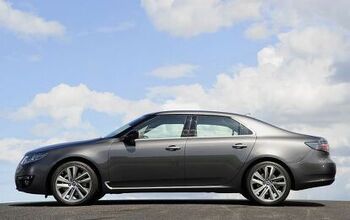

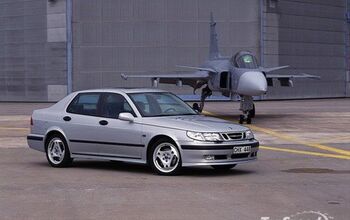
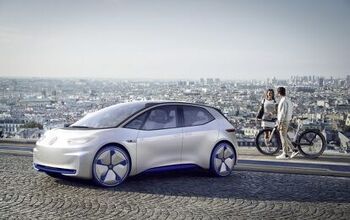
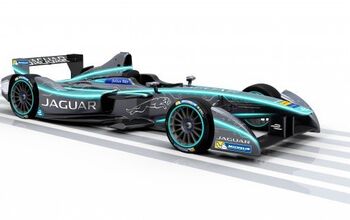







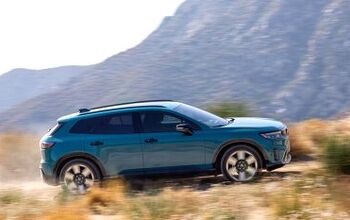


Comments
Join the conversation
Maybe they will be sublimely inspired and bring back the 900 Turbo Convertible!
Will these Chinese SAABs have an easier time getting through US crash tests and other import restrictions? If so, they bought quite a bit more than we think.
@Snabster: As a Viggen owner, I can tell you with confidence that the car's torque steer can easily be neutralized with a steering rack brace and clamp kit. These are pretty inexpensive and do an excellent job. Shame on Saab for not getting this right when the cars rolled off the line in Finland, but at least the fixes (via GenuineSaab.com or Abbot Racing in the UK) are out there. Add a fatter roll bar at the back and you have a car that's comfortable, holds a ton, handles well and doesn't pull the steering wheel out of your hands unless you absolutely gun it from a near stop around a sharp turn.
Are you kidding me? Now at least one Chinese auto manufacturer has the technology to backdoor their cars into the US that will EASILY pass emission and safety standards. If they do it right and offer extended warranties like Kia and Hyundai, at prices far less than Saab or comparable GM product, they'll sell these things like hotcakes and decimate the US, Japanese and Korean auto manufacturers. Scary.